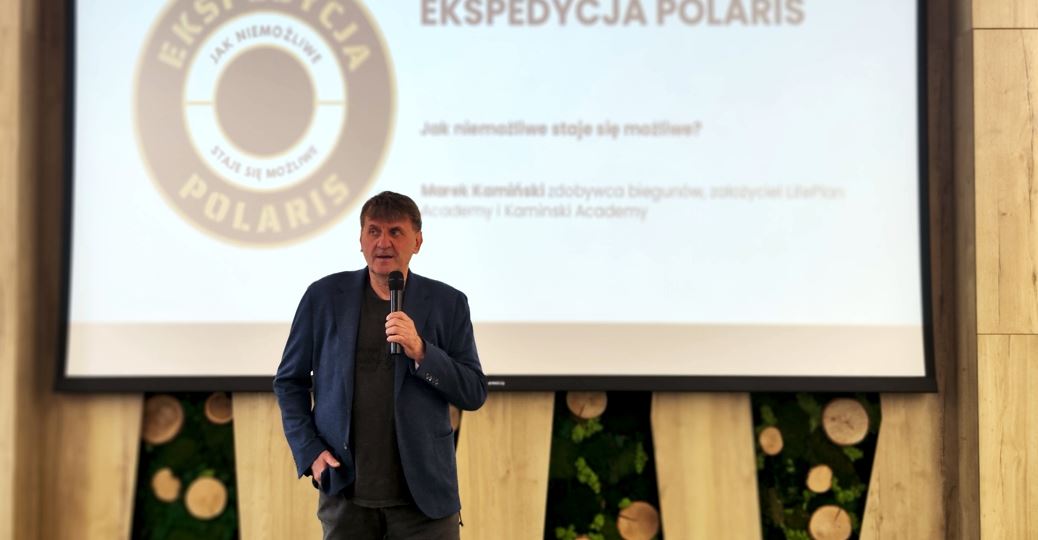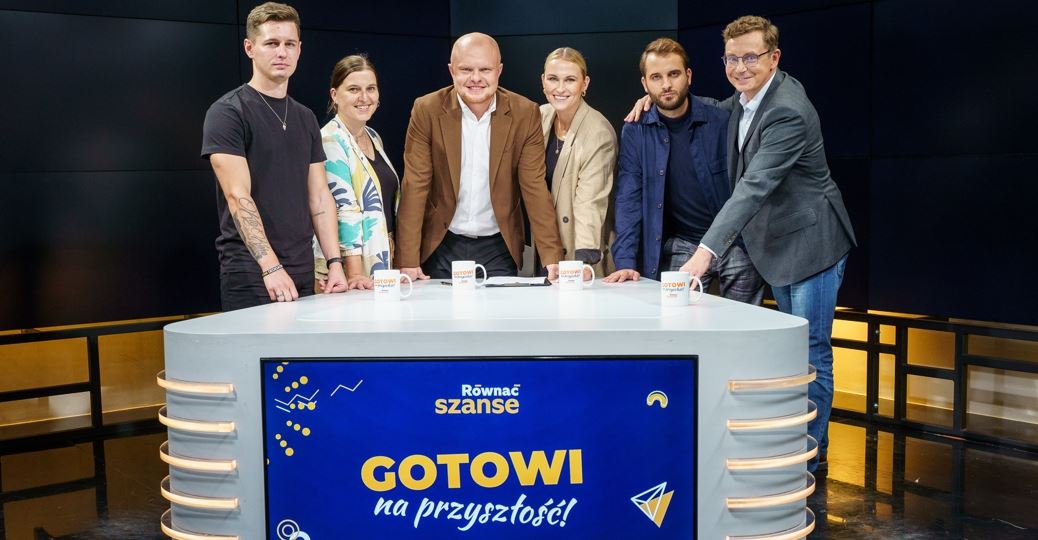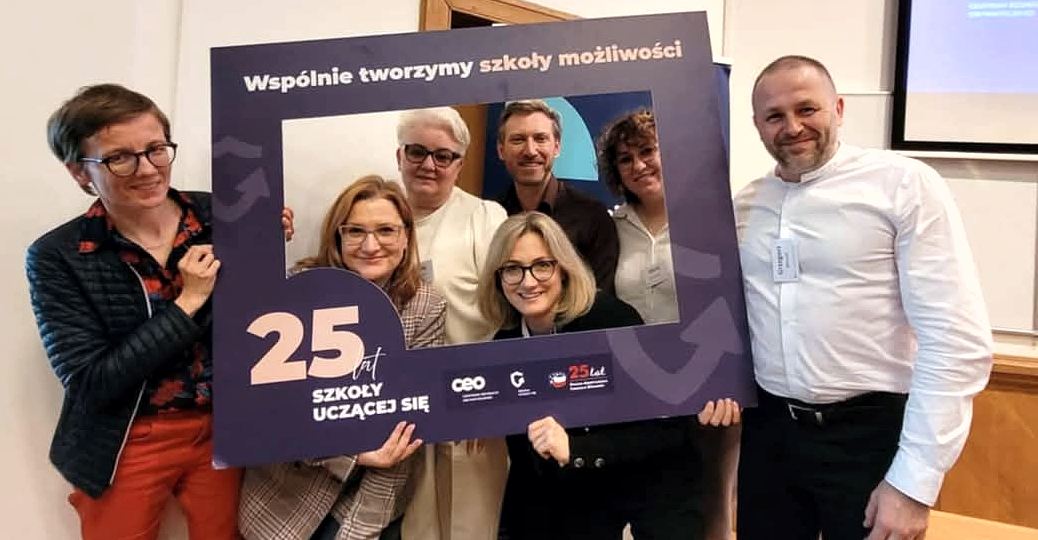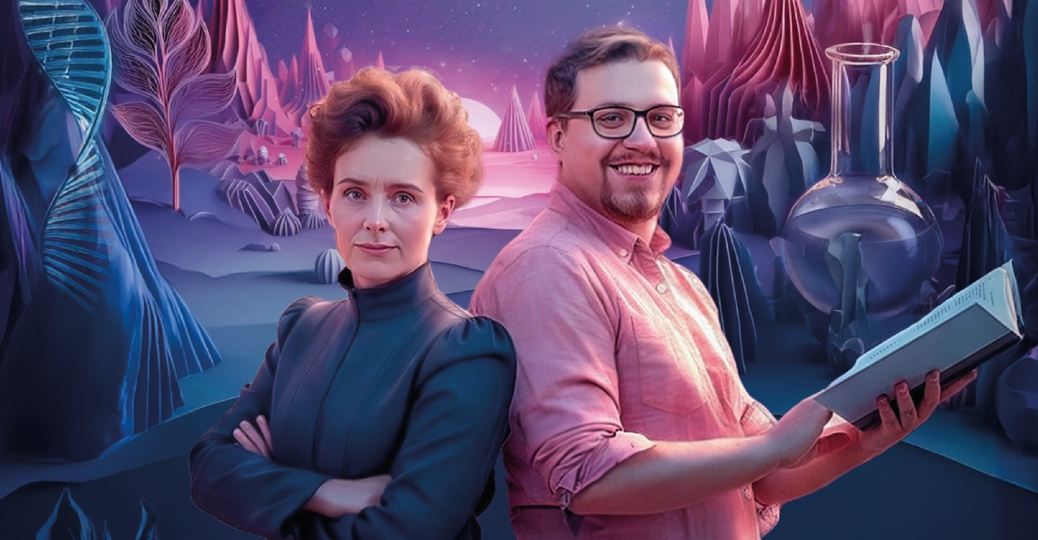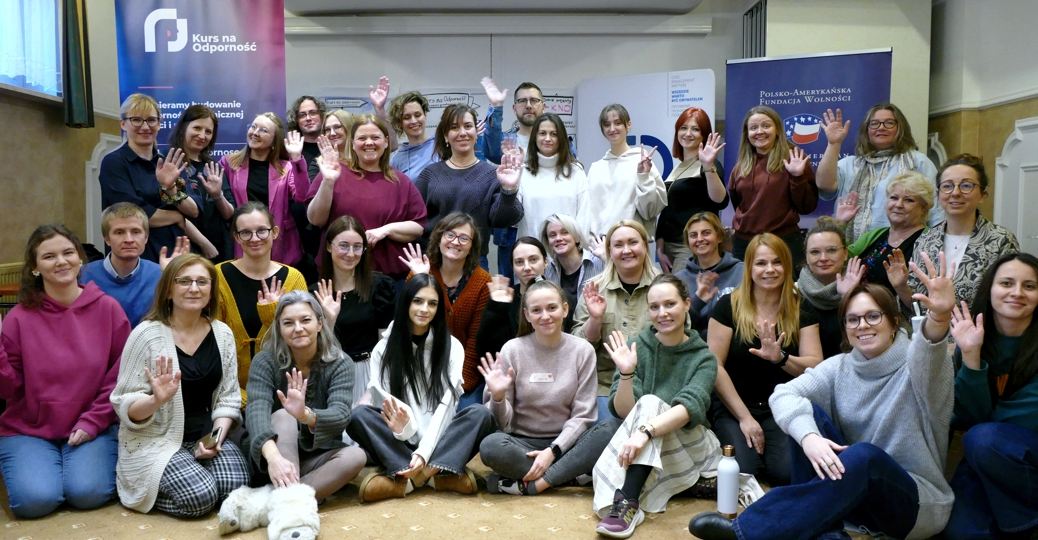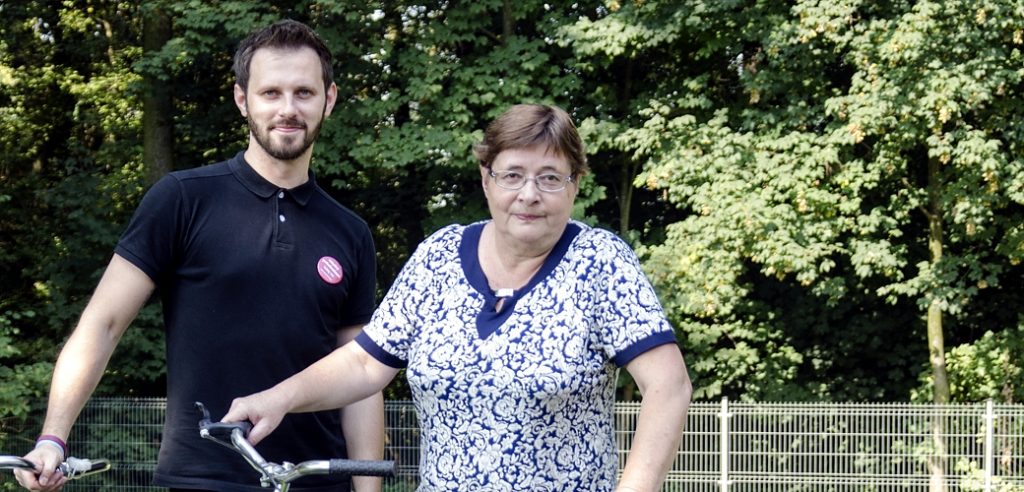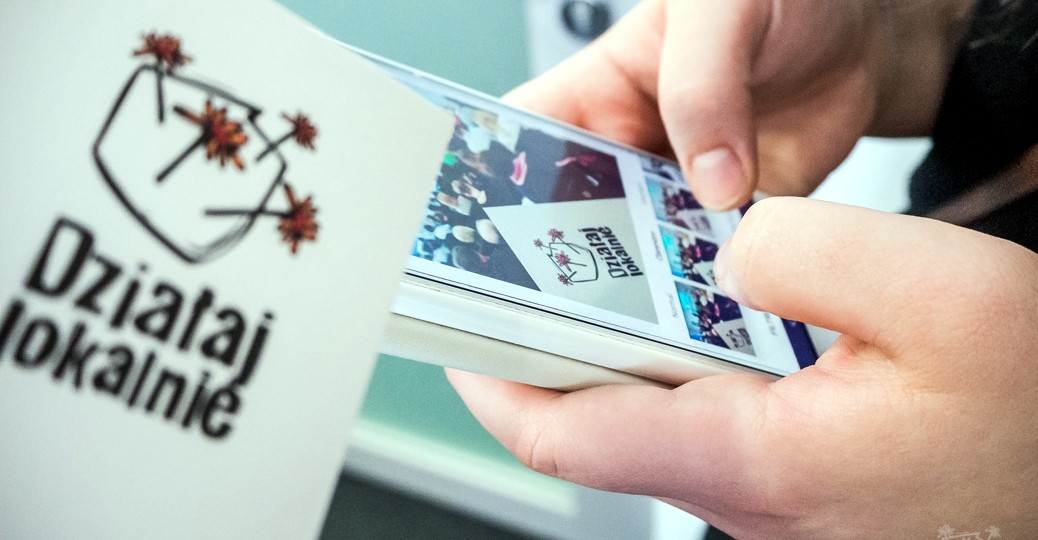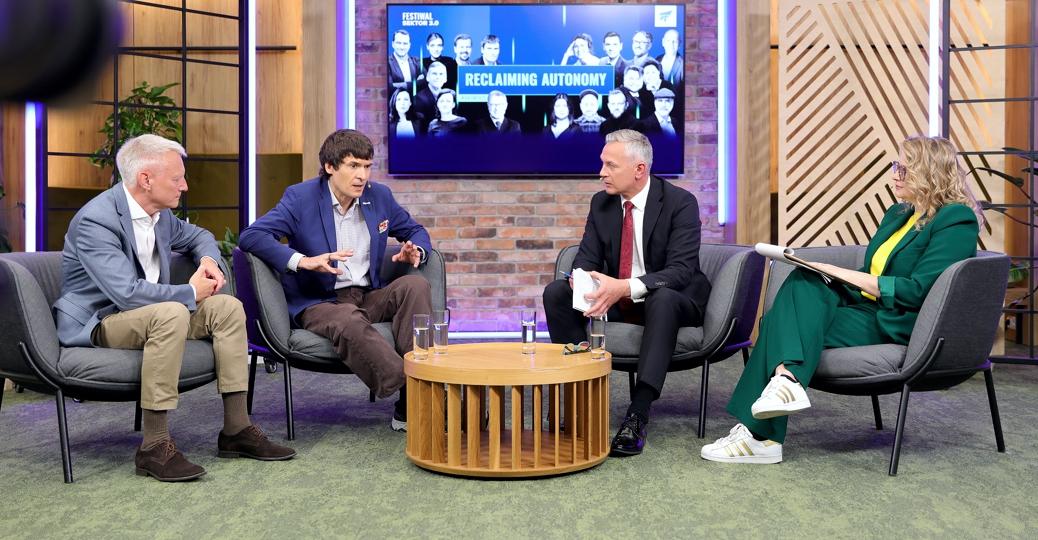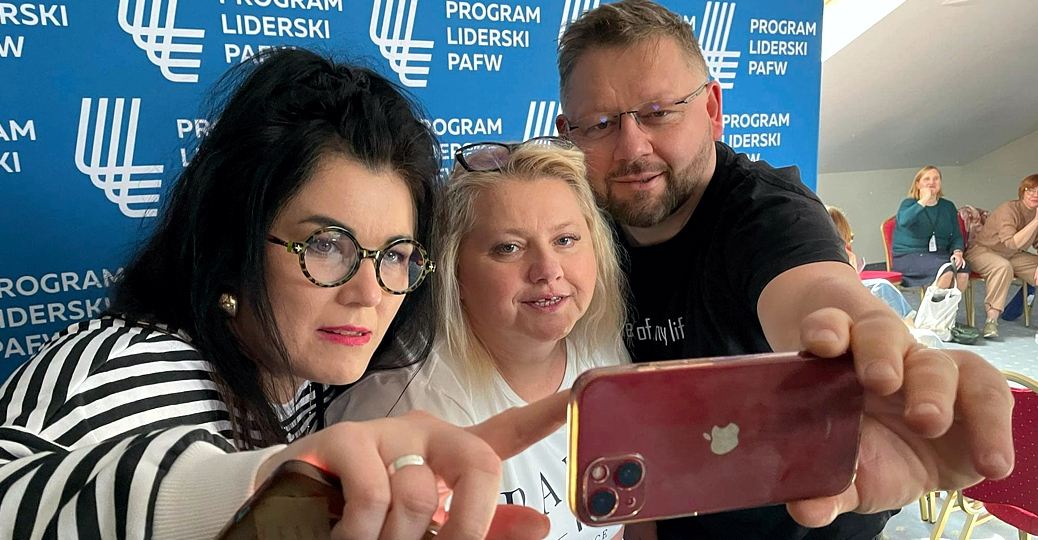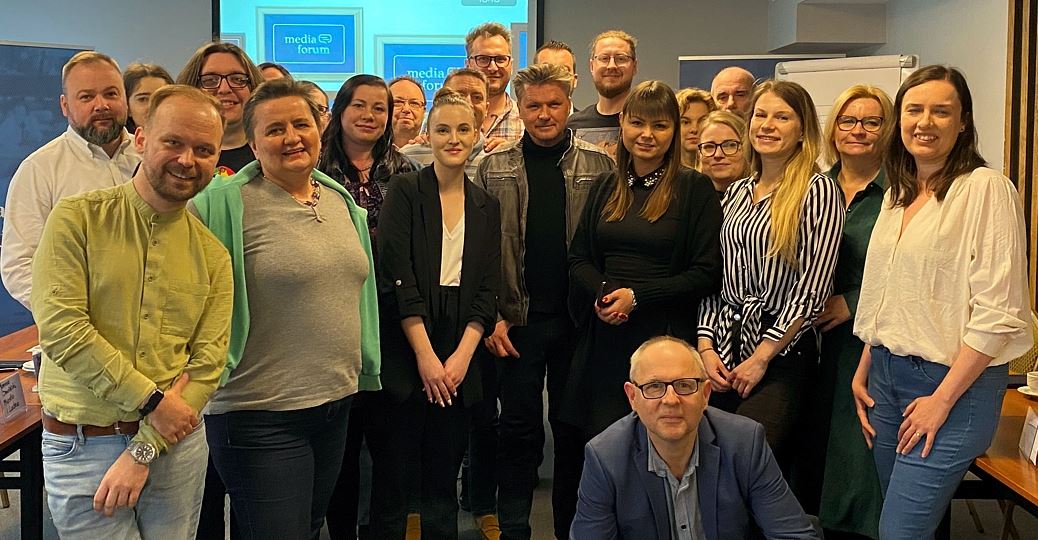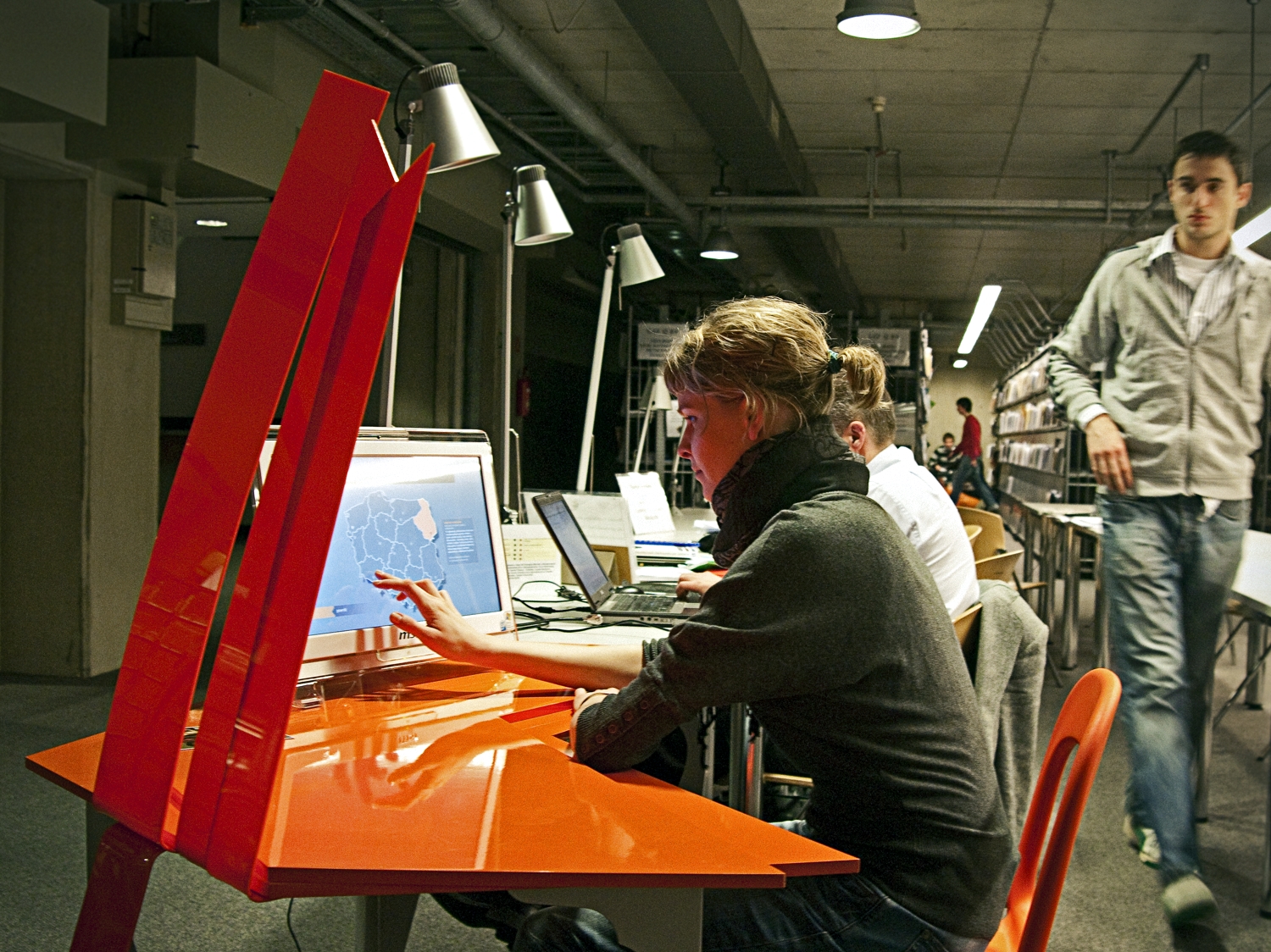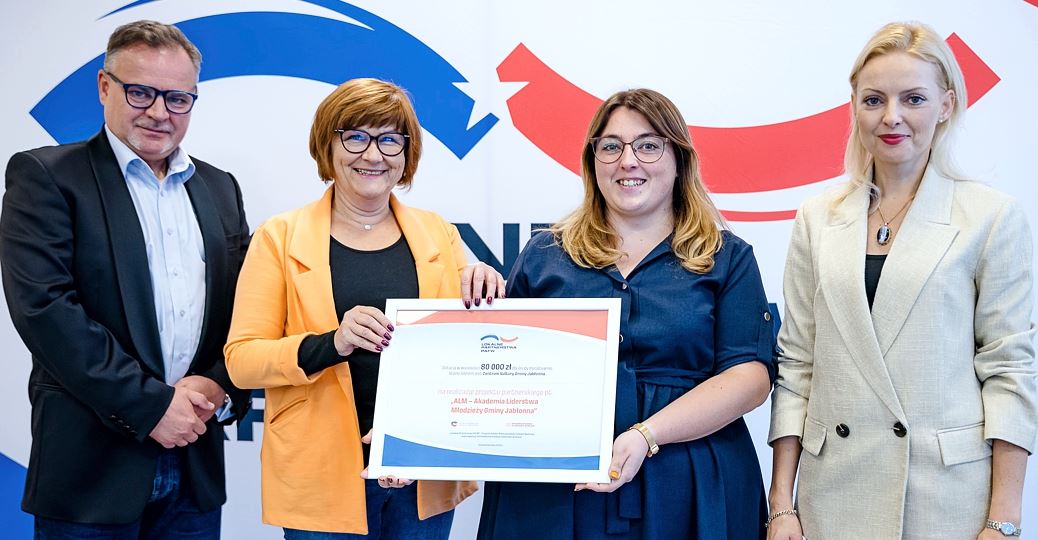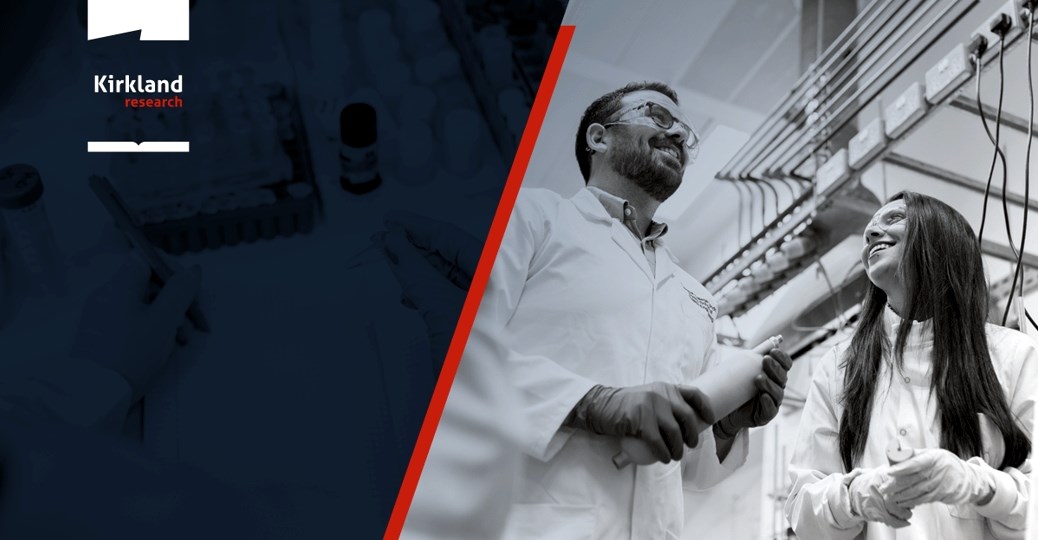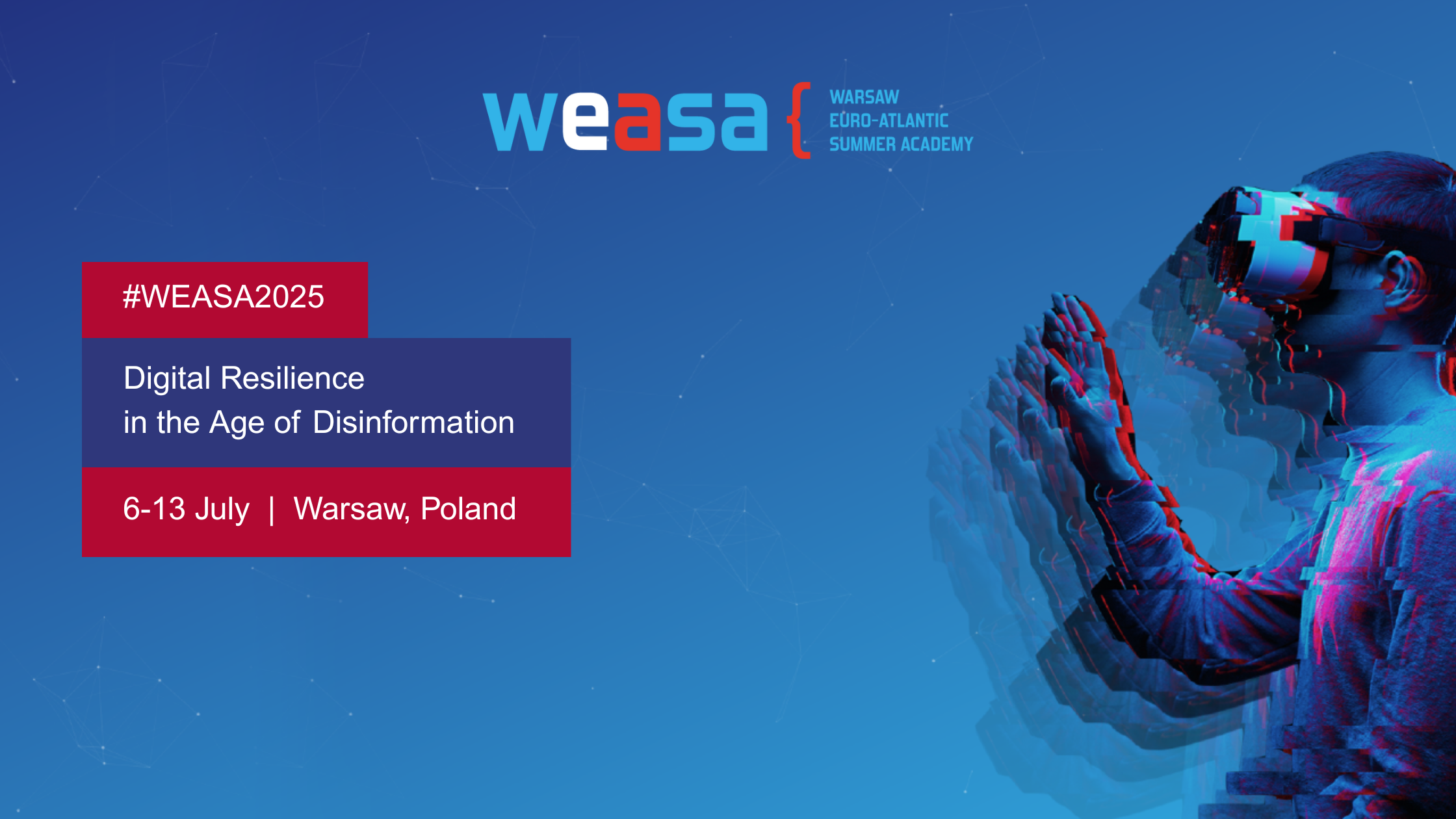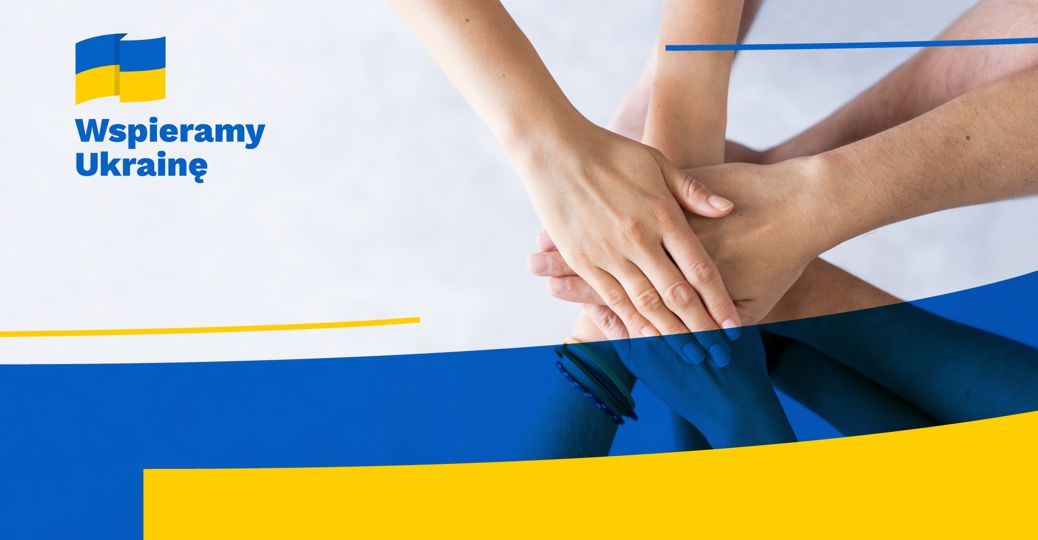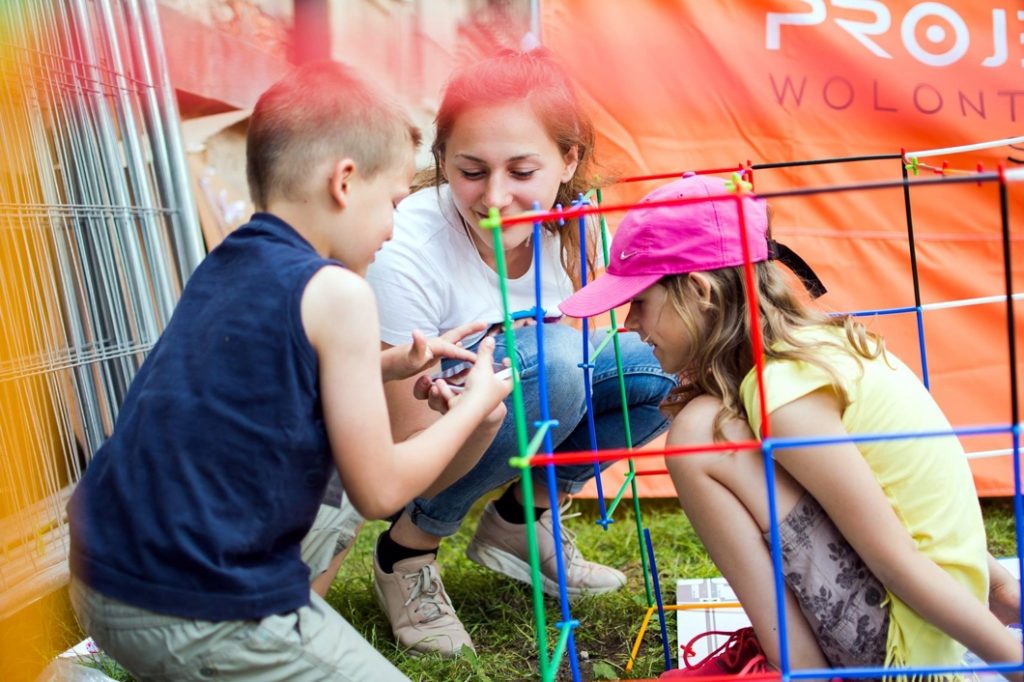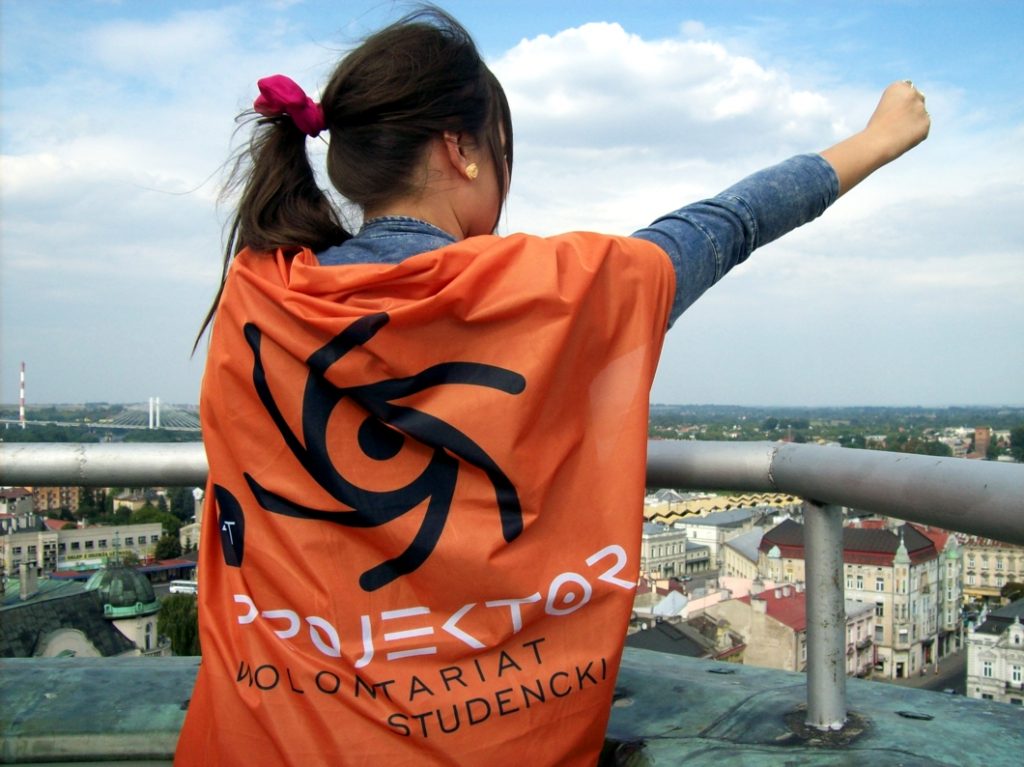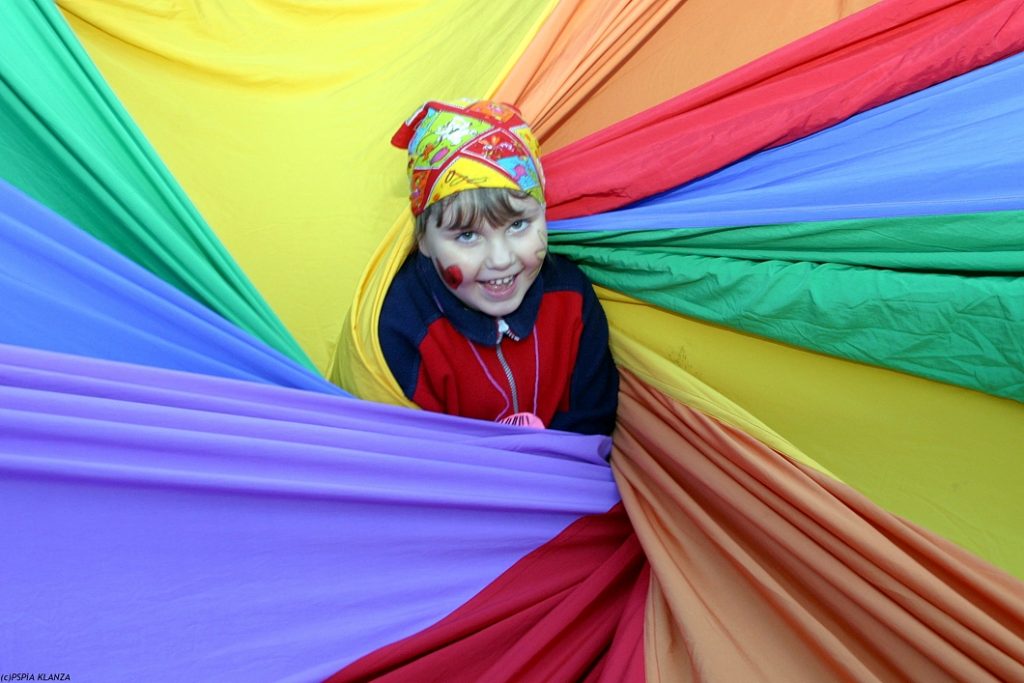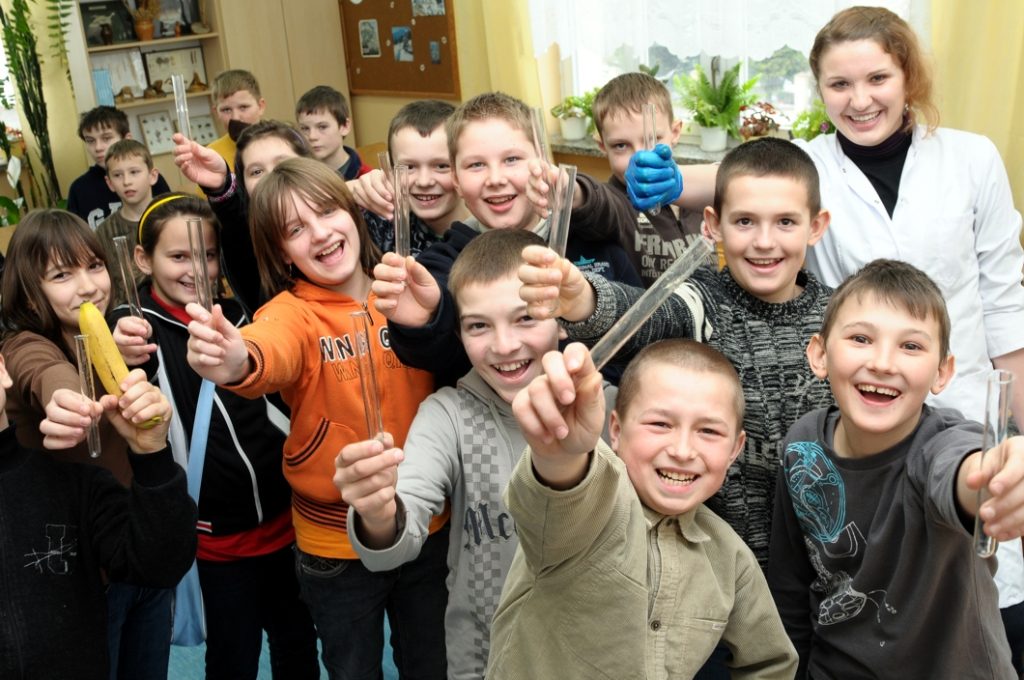The purpose of the program is to equalize education opportunities of children and youth from villages and small towns. Under this program, groups of volunteer university students carry out projects that expand knowledge, skills, and personal interests of children and teenagers. The projects are carried out in free time during the school year and during summer and winter holidays.
They focus on several leading topics, including: responsible use of the Internet, ecology, as well as building and maintaining social relationships. The program encourages pupils to develop their skills by promoting positive role models and shaping university students’ sense of social responsibility and solidarity, while providing them with an attractive way to discover and follow their passions.
Since 2003 more than 45,000 educational projects have been organized across Poland in about 3,000 schools with 16,000 volunteer students, involving nearly 467,000 pupils. In 2024, more than 700 student-volunteers carried out some 1,800 educational projects for nearly 10,000 pupils at 250 primary schools. More than half had participated in “Bridge Scholarships”; for many, this program was their first experience of social activity. In 2022, nearly 100 student-volunteers became involved in about 600 educational projects for more than 3,000 Ukrainian children at 93 educational facilities.
The program offer is supplemented with ekampus.pl, a digital platform with educational materials for volunteers to use in their projects.
The program gained support from two former Prime Ministers: Professor Jerzy Buzek and Professor Marek Belka who, during the 2007 summer holidays, took on the role of volunteers and taught classes for school pupils in several rural communes. In 2012, in cooperation with the Chancellery of President Bronisław Komorowski, the Modern Patriotism project was carried out as part of the program where Chancellery Ministers and Advisors visited schools in small localities. The project was designed to stimulate discussion about patriotism, shaping citizen attitudes in young people, introducing them to national symbols and local traditions, as well as promoting respect and tolerance.
“PROJECTOR – Student Volunteers” closely cooperates with a group of about a dozen accomplished education experts. Among them are: Przemysław Staroń, a psychologist, lecturer, trainer, and educator, Teacher of the Year 2018, the winner of the 2020 Global Teacher Prize; Anna Konarzewska – a teacher, educator, writer and blogger; Agnieszka Jankowiak-Mail, a teacher, educational activist, writer and blogger, the winner of the Irena Sendlerowa Award, and the Grand Press Freedom of Speech Medal. The experts assist student-volunteers in conducting projects, preparing materials and drawing up lesson scenarios.
Since 2011 the projects carried out by volunteer students have been regularly monitored and evaluated. This is meant to both assess the direct results of the entire program and observe its long-term influence. The biggest benefits mentioned by student-volunteers include opportunities to acquire practical experience, develop communication skills, meet people, and provide an occasion for their social activity to be seen and appreciated by their alma maters. The most important benefits of taking part in the “PROJECTOR” are emphasized by schools, which mention: expanding the educational offer, increasing school attractiveness, and positive reception of the program by parents.
PAFF has disbursed $8,983,899 including $485,324 for the current edition.


